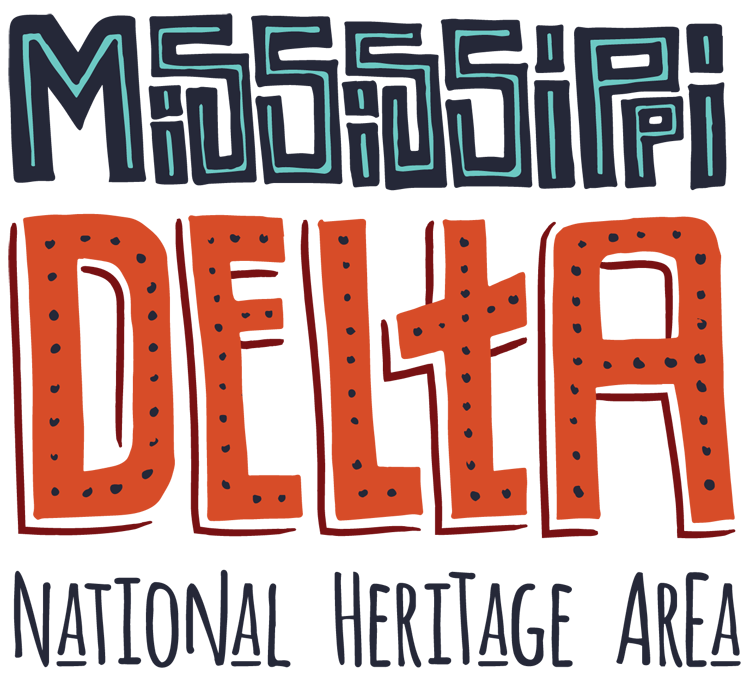Coahoma
A podcast based on the 1941 – ’42 study of music and other oral expressions conducted in Coahoma County, Mississippi by the Library of Congress (LOC) together with researchers from Fisk University in Nashville.
The Coahoma study is best known for resulting in the first recordings of McKinley Morganfield, aka Muddy Waters, but the nearly 600 recordings collected reveal a rich portrait of African American life in the region. Representing the LOC was folklorist Alan Lomax, and heading the team from Fisk was John Wesley Work III, whose father and grandfather were pioneering scholars of African American music. The podcast was funded by the Artworks program of the National Endowment for the Arts, and is the result of collaboration between the Delta Center For Culture and Learning here at DSU, and the Association for Cultural Equity (ACE), which maintains the Alan Lomax Archive.
The podcast represents Delta Center’s commitment to community engagement, specifically through its International Delta Blues Project. Its collaboration with ACE helps fulfill ACE’s commitment to “repatriation” of materials collected by Alan Lomax and his associates to the communities where they conducted fieldwork. Host Scott Barretta has worked with projects including the Mississippi Blues Trail and the B.B. King Museum and Delta Interpretive Center, and is the former editor of Living Blues magazine. He’s also the longtime host of the Mississippi Public Broadcasting radio show Highway 61.
This relatively brief episode explains how this project came to be through a partnership between Delta State and the Association for Cultural Equity (ACE), which maintains the Alan Lomax Archive. It also explains the background of the Coahoma and the partnership of the Library of Congress and Fisk University, and addresses the scope of this podcast.
This episode features Muddy Waters’ first recordings as well as songs by his mentor, Son House, House’s associate Willie Brown, and Waters’ contemporary David “Honeyboy” Edwards. It also features interviews with Waters and Edwards as well as songs about World War II, which the United States joined soon after the Coahoma study began.
The blues is thought to have emerged around 1900, drawing upon pre-existing African American secular styles of music. Here we’ll explore field hollers, work songs, fife and drum bands and string bands. Folklorists including Alan Lomax were particularly interested in documenting musical forms that predated the blues, and often prompted musicians to play the oldest forms of music that they knew.
The Delta is world renowned as a home of the blues, but its traditions of religious music are equally majestic and even more widespread. This episode features recordings made largely during church services, featuring both older traditions as well as new forms of music influenced by the gospel movement that took off in the 1930s.
While the focal point of religious music is the church service, individuals and groups often religious music outside of the church setting. We explore a wide range of music, including a song by Muddy Waters that provided the title of this episode. We’ll also hear hymns, spirituals and shouts performed at people’s homes and other informal settings.
Although most well known for the songs it collected, the Coahoma study also solicited tall tales, jokes, extended ballads and stories, commentary on race relations, oral histories and children’s game songs. The recordings featured here allow an insight into the everyday lives and thoughts of residents of the Delta.

